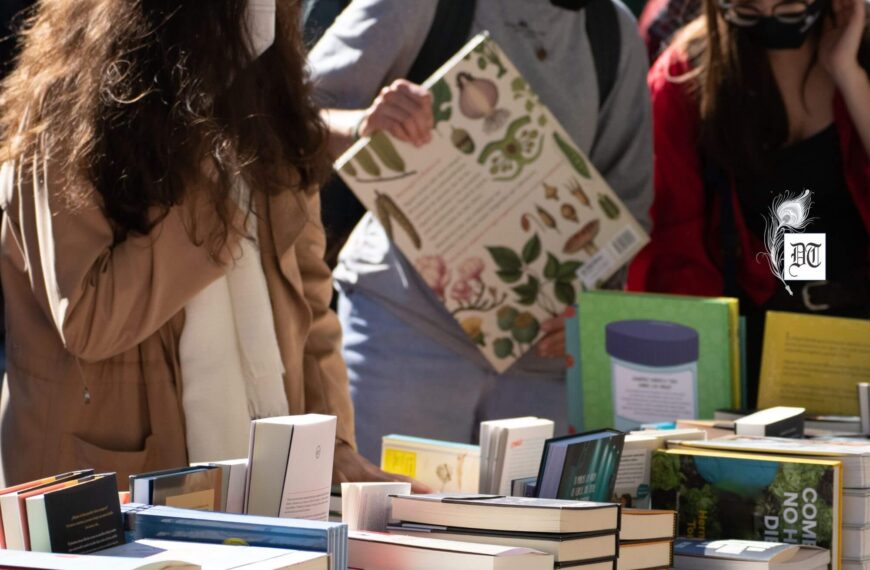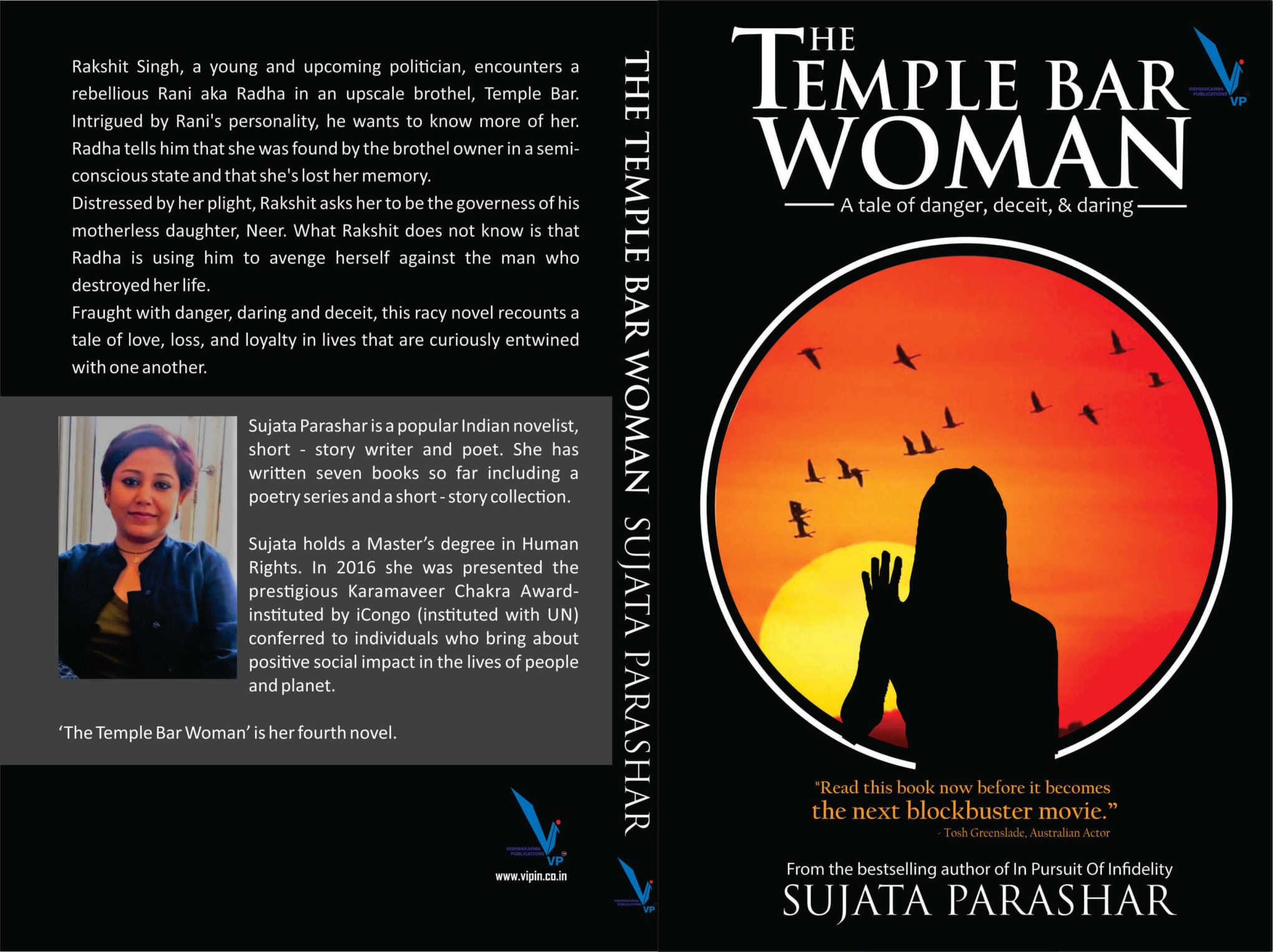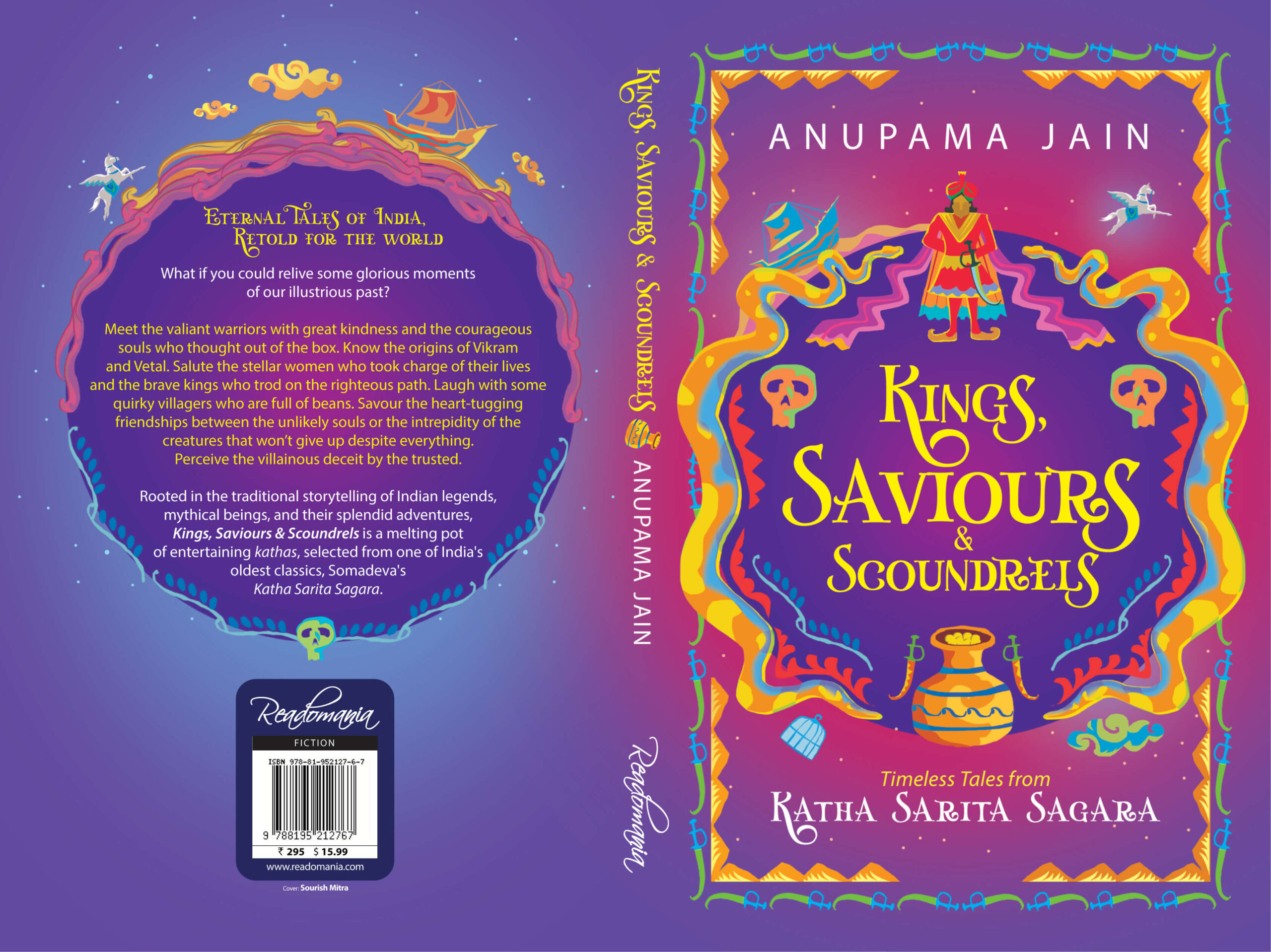Aruna, a young divorcee, marries Bhuvan, an averagely successful young man who had a crush on her in college. Both make promises of ever after with preconceived expectations. But, they are equally shattered to learn that despite their best intentions life does sometimes play the villain. Aruna’s learned conditioning, developed as a result of the oppressive years spent with her abusive and often violent first husband Rafi constantly coming in the way of their married normalcy. Bhuvan valiantly trying to ignore the signs of her distress rather than confront them. When it looks like the wheel of happiness is turning in their favour, situations arise to again plunge them headlong into turbulent waters continuing to test their determination to hold on to the dream of a better tomorrow. Aruna’s distrust, Bhuvan’s silences and Rafi’s resurrection in their life leads to create a downward spiral that shakes Aruna to the core. She stands on the precipice of a second failed marriage. Will this serve as a trigger for Aruna to take the control back, the control she had willingly surrendered the first time? Or is she going to be held back by her own apprehensions choosing to stay the victim? Here’s a must read from Harshali Singh, published by Readomania.
A silent sentinel, I stand today, as I have stood for many decades, concrete and firm, on this murky night.
One of the six daughters of the family who inhabits me now calls me Anwar. Fittingly, I suppose. For the family, that inhabited my chasmal interiors before the partition of this great country, had a child named Anwar; my namesake. I have memories of him playing on my greens till the very end.
Those were terrible times.
I had eavesdropped on heated discussions and watched in horror at unspeakable atrocities taking place in the big living room. Within my walls, rivers of tears, anguish, and loss have flowed incessantly through years, seeping into my very foundations.
I wonder if the despair that I have absorbed through centuries cast a shadow on the destiny of the family that dwells within me now.
What if I, myself, am in some way responsible for their adversity?
My empty rooms, left behind by previous residents are crammed with reminiscences. Sometimes, a gale of laughter or a wet hiccup revives them in an uncontrollable surge. This family has gone through its own share of trials and tribulations. Tonight, I am unable to remain impervious. . . .
I, the haveli with the hundred doors.
My claim to fame.
During the 150 years that I have lived in this old colony of Naugraha, I have seen old Delhi’s lanes grow narrower and occluded.
The outcroppings and illegal constructions almost choking the streets where flashy horse carriages once rode regally. A large ostentatious water fountain used to stand resplendent in this courtyard. Its trickling water, perfumed with itar, attracted a hoard of butterflies, fluttering around the lovingly tended flowers. Art and culture were celebrated through lively mehfils and mushairas.
Such buoyant days they were, yet so short-lived.
Soon, the loneliness, the ignominy of the lives that surrounded me came to usurp me. They shook my very foundations and obliterated many of my counterparts to be lost forever in the grains of time. We were nineHavelis once.
Slowly the families moved away, leaving us with memories of a bygone era. The nostalgia lingered, haunting the sprawling mansions, reminding them of the changing dynamics of the time. My counterparts would muse about their families in inaudible whispers.
My heart aches sometimes. I miss our shared camaraderie.
Only the haunting voice of Noori, the famed courtesan of our times, emanates from her mausoleum reminding me of what is lost. In the centre of a nearby park she lies, deserted and lonely, as in her lifetime.
We survive, spared the blows of development, clinging to each other, standing together in our melancholy… a melancholy echoed by the people of the family that thrives here now, relived in fragments.
The Sharma Family is a large one. Engaging, adventurous, they hold onto each other as they traverse this difficult and rough terrain called life.
Arun, the breadwinner of the Sharma family, came here as a spirited, happy boy. His dreams crushed under the heavy hand of his father and time, he was mercilessly transformed into the passive, resigned man he is today.
His wife, the lame, devout Uma is full of gumption and an exceptional emotional strength, a rarity, even in men.
The children came in quick succession. Aruna, the eldest daughter; Bhavya, the one in the middle and Charu, the third. I had thought they had given up but Uma, I knew, craved a son. Despite Arun’s initial opposition to the idea, they tried one last time.
The success of bearing a male child, The Heir, had shown on Uma’s face for many years. Not because she loved her daughters any less, but because, like many other women I have known, she aspired to give her family a male successor.
Of course, it could have been just as simple as a validation of her fertility. After all, she needed to bear a son to prove that she was usefully productive. It was the times with that kind of societal norm…one that wears down your good sense to a nub. Ironically, it is the woman who sometimes perpetuates it and at most times endorses it.
And so Dheeraj, the son after three daughters, became the heir apparent. He would inherit the saree shop, owned by Arun’s father ever since he had married.
They called it the dowry.
Now some would say, “So much trouble for a saree shop!” But you see, therein lay the rub.
After Dheeraj’s birth, everything seemed right for a few years. The children connected with each other, forging a strong familial bond within my walls as time ebbed and flowed. The years seemed to pass happily enough, but then came the announcement.
Uma was pregnant again.
Oh, what a vicious fight it was between the parents! The children huddled together, scared of the words being thrown around, expecting the worst. But their fears were unfounded, as Uma managed to convince Arun, once again.
God’s gift, she said.
Arun only saw it as another mouth to feed.
However, it was too late to withdraw from that decision. I heard Uma contemplating an abortion the day they found out it was not one child, but three. This time, it was Arun who mollified his panic-stricken wife.
So, the already big family became enormous with the advent of the ‘three angels’, as addressed lovingly by their family.
Etti came first; a second later it was Fanny and then came Gina.
Tonight, the angel lights illuminating every nook and cranny of my dark recesses seem dull, superficial. While the family prepares for the second marriage of the eldest daughter, there seems to be no cheer; only an unnatural current of agony and anxiety seeping into my very essence.
She stands tonight, alone, wrapped in worry.
This is Aruna’s story.
There has to be a special name for this pain…the pang that squeezes a mother’s heart at the sight of her despondent child. Uma thought. Is there ever an end to it or do mothers die with this ache? Is it universal or is it only mothers who are cursed to feel this deep agony?
The questions remained unanswered as Uma stood outside, looking into the room of her eldest daughter. She wondered what was going on inside Aruna’s mind a fortnight before her wedding.
Were there doubts she could help her with?
Sometimes Uma felt smothered, crushed under the knowledge of the colossal pain Aruna had endured in the past five years.
The guilt of not realizing what her child had been enduring impaled her with fresh remorse every time she looked at Aruna’s face. She felt helpless, torn. Her love for her daughter felt tainted with self-doubt and a smattering of culpability.
Uma traced her daughter’s profile from a distance. She was standing at her favourite window again; alone amid the crowd and chaos of the house.
Aruna looked ethereal, her long hair oiled and tied back, her willowy petite form leaning against the swirls of the blue grill.
She had insisted on this blue grill till Arun had relented, picking it out for its dreaminess and cerulean hue rather than for any practical purpose. Father and daughter had worked to repaint and refurbish it before the carpenters installed it in her room.
Uma tried giving herself the mental push towards her daughter. But her feet seemed frozen, averse to carry out what her mind urged them to accomplish.
Just a few steps…she coaxed herself. It will be ok this time. . .it has to be, she is my daughter, after all…she thought, determined to take the steps to reach Aruna.
Making the best out of any adverse situation was what she hoped Aruna had imbibed from her. The breeze from the open window carried the stifled cries of Aruna’s anguish. Uma’s feet refused her pleas, yet again. Her daughter, her first-born was being wracked with pain, while she, her mother, felt incapacitated to even go to her.
Uma felt depleted, unable to reach out to Aruna, to implore her to look towards her new future. The words of wisdom churning in her mind seemed hollow. Would Aruna be able to look beyond her own insecurities, her apprehensions? Would the anger and agony stemming from her failed first marriage prevent her from looking at the horizon with hope? She wondered.
She recalled the countless times she had indulged Aruna’s demands. Like the blue grill that she now stood gripping, sharing her pain with.
Why couldn’t I find a way to change her mind? Why did I give in so easily? Uma’s heart whispered.
She, despite being her mother, hadn’t known. Why hadn’t she realized?
She now questioned her visceral link to her daughter, a connection where once there had only been love in its purest form.
A mother’s love.
She focused on Aruna again. She had poured in every bit of her motherly advice the first time. But what was a mother to say to her daughter when she was getting married for the second time? Hadn’t she done her duty of explaining everything the first time? What were the right words she could use now that would protect and warn her?
She stood transfixed at the door, peeking into the room, not being able to step in or step away. All her advice had failed, leading to so much pain. The warm, mesmerizing smile that illuminated Aruna’s beautiful oval face seemed to have withered away.
The ache in Aruna’s eyes didn’t give Uma the assurance that everything was okay. But then she questioned herself more often these days. She clung to hope, constantly praying to Ma Lakshmi under her breath for health and happiness for all her children. She knew that everything else was like sand slipping through your fingers. The harder you held on to money or success, the faster they slid out.
Only you can show her the path that will lead her to happiness, Uma whispered under her breath repeatedly, scared that Aruna wouldn’t find the strength to unlearn the experience that had broken her.
She closed her eyes, gathering her courage like the cotton saree she wore around her robust form. But before she could call out to her daughter, she heard Aruna’s wet hiccup, as if she was pulling in air to breathe.
Seeing Aruna’s lowered head and wilted shoulders, Uma’s courage scattered like bats in sunlight. Silently she moved away from the door, berating herself for every step her feet took, albeit slowly, in the opposite direction to where her heart wanted to go. Biting her lip, she limped away, justifying her powerlessness to herself.
Fragility is not confined to children alone. Some days, mothers too lack the strength to face their own children.
Her polio-mangled leg gave her more trouble when she was worried or preoccupied. Right now, she was oblivious of her uneven gait. She just wanted to slink away, promising herself she would talk to Aruna in the morning.
As she reached her room, she shut the door, leaning back against it. Tears dropped from her eyes, as if her heart was melting.
In two silent rooms, the mother and daughter tried, in eerily similar ways, to smother the sound of their sorrow as anguish flowed from their eyes relentlessly.
About the Author
Harshali Singh is a New Delhi-based Judge at the Consumer Forum, an avid reader and a passionate Painter. An academician with a decade of experience of working with pre-primary age group in different capacities ranging from Operations Head to the Curriculum and academic head. She, as a teacher trainer, conducts workshops to enhance proficiency in advanced teaching methodologies.
She is a trained Occupational Therapist from the Institute of The Physically Handicapped and holds a Bachelor’s degree in Education while currently pursuing her L.L.B degree. While handling these demanding jobs, she managed to take out time for her passion – oil painting and has also held an exhibition of her exclusive, vibrant paintings at the India Habitat Centre, in 2014.
When not busy with the various roles she portrays she is usually found with her books and her family, which include two teenage children and a very patient the other half, relaxing.
(Contributed by Piyusha Vir, Marketing Specialist, Readomania).
Editor’s Note: Excerpted with permission from ‘A Window to her Dreams’, by Harshali Singh, published by Readomania. It is reproduced as received. DT has not edited it.
Publishers, authors or literary agents may please send Book Extract (fiction and nonfiction in English language), in not more than 3000 words, including Author’s Bio. Send it to different.truths2015@gmail.com, marking Book Extract in the subject line.
©Harshali Singh
Photos from the internet.
#BookExtract #EnglishFiction #DifferentTruths #Readomania




 By
By

